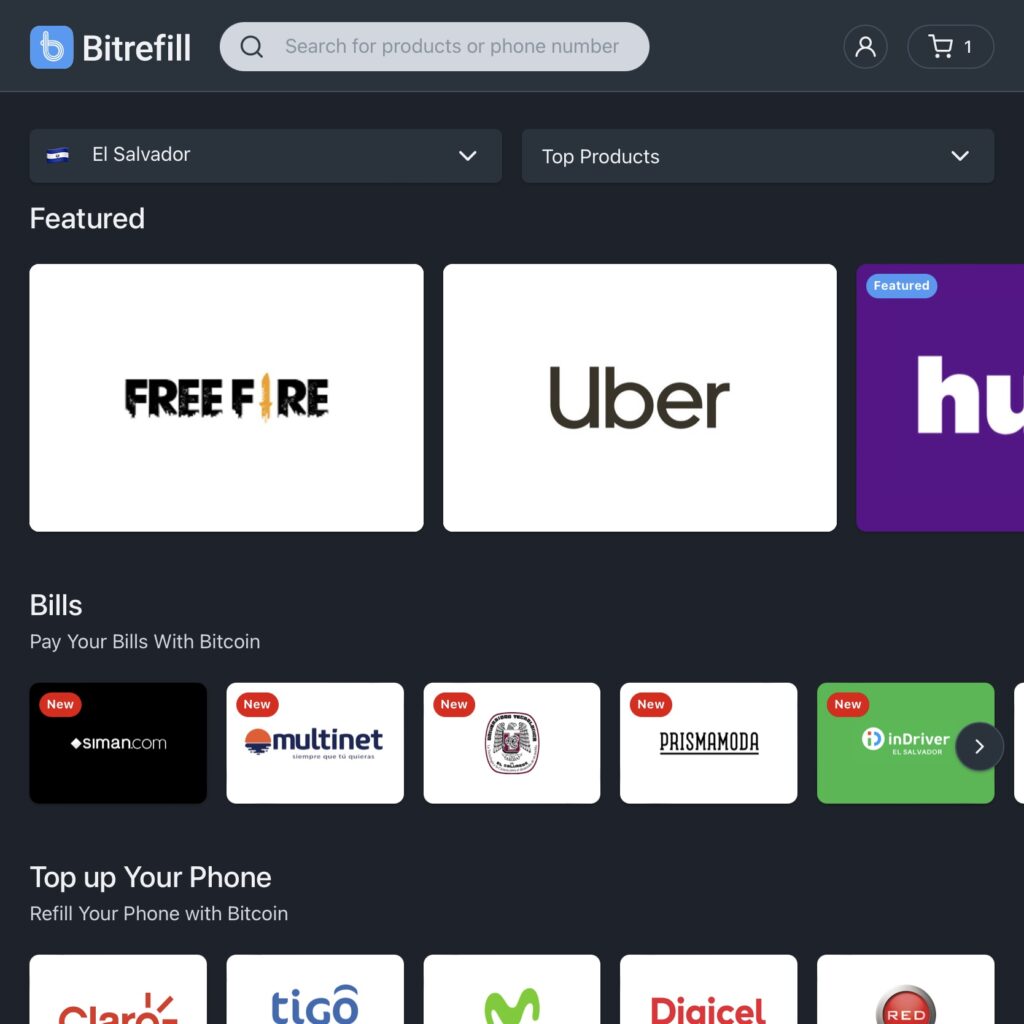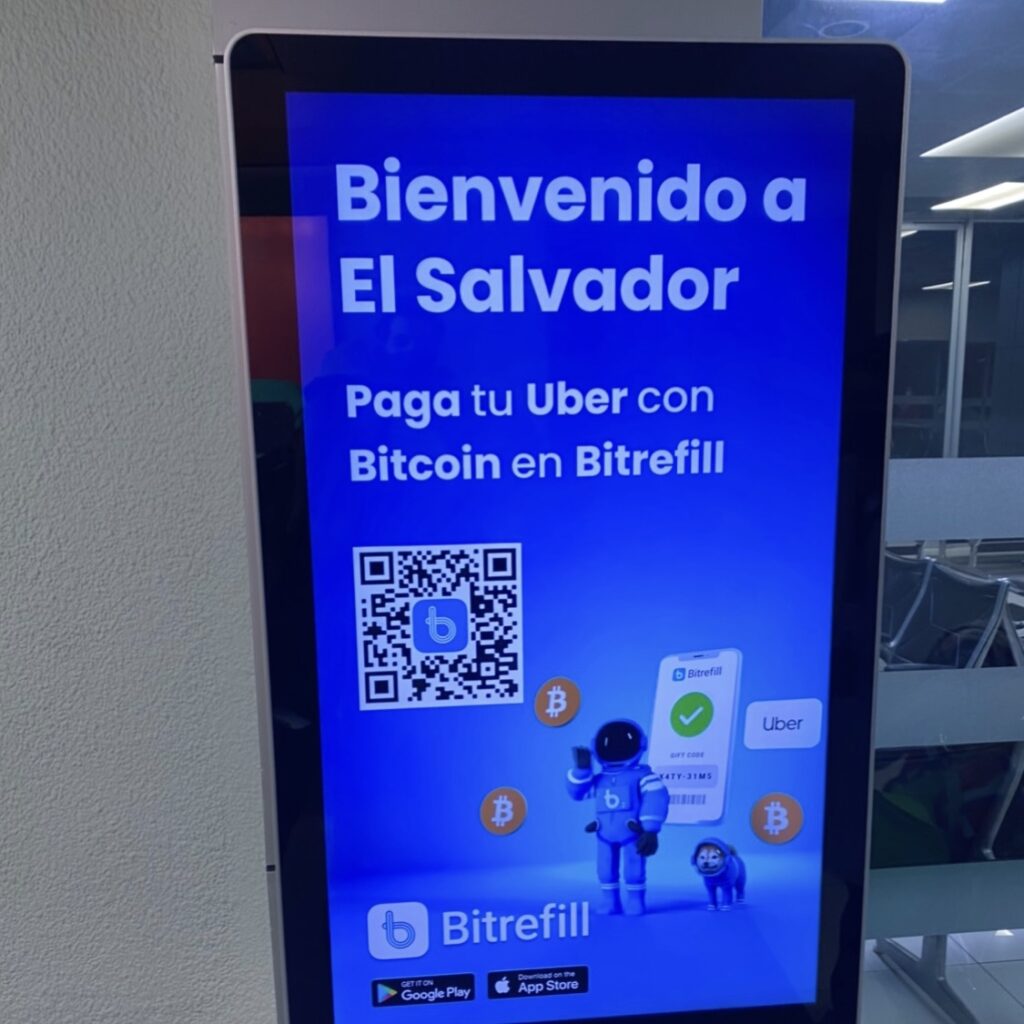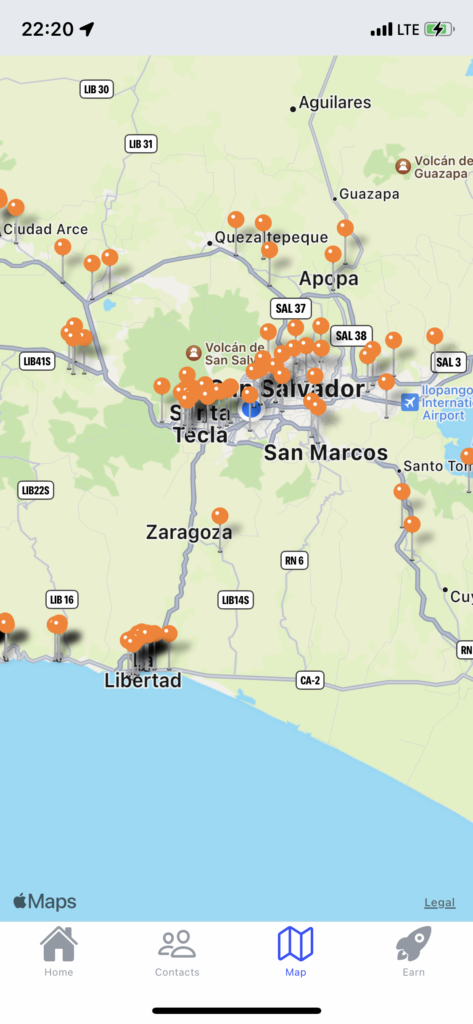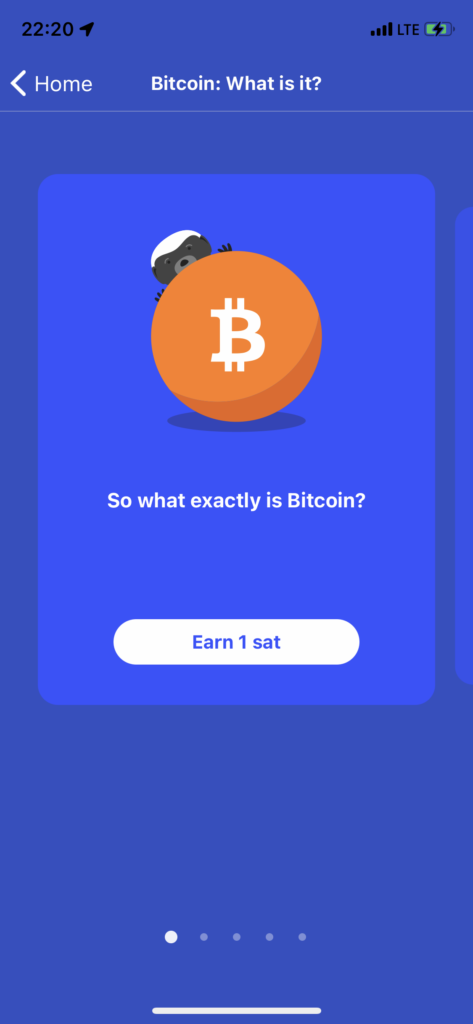

The sun beat down hard on the rooftops and streets of San Salvador today.
After having a hearty breakfast we decide to dedicate the day to logistics. Although bitcoin is legal tender here in El Salvador, after only two months of adoption, as you have already learned in the past episodes of this diary, not many businesses accept it. If we want to be successful in our mission to live over a month without touching cash, we necessarily need to carefully plan some key aspects of our trip.
The first one that deserves our attention is undoubtedly travel. Over the next week we would like to leave the capital and start visiting different places in the country. However, public transport is poor, some say it is not very safe and they do not yet accept cryptocurrency payments. There are also private companies that we could turn to, but their websites are not very comprehensive and we would have to call them one by one, with the added complication that today is Saturday and their offices are closed. Of course we could continue to ask taxi drivers, they have already proven to be very open to receive bitcoin, it has never been very complex to find one willing to drive us around, but planning trips with them is complicated and it didn’t occur to us to ask for the phone number of those we have met so far. Not a very good move.
We soon find an alternative, however. We know that Uber is very active here and that there are many visiting foreigners who use it. The American app could really be for our benefit because it allows us to schedule trips on specific days and in geographic locations different from where we currently are. We also remember that when we landed at the airport, one of the first advertisements we noticed was the one from Bitrefill announcing that they had added Uber’s gift cards to the ones available on their website. We quickly checked it out and there they were. This is going to be a major simplification for our lives to be nomadic bitcoiners in Central America.


Thanks to the valuable information of our friend Giacomo Zucco, we are put in touch with some key people, who gravitate around the Bitcoin Beach of El Zonte and who do their best to help the community of those who visit the country curious about the legal tender. Within hours, a world of Telegram groups opens up to us. We discover that the local bitcoiners are very organized and that there is a real support network for those who, like us, are taking their first steps. The community here is very much alive. Bitcoiners write to each other, meet up, have lunch together, even tell each other what are the best parties to go to in the evening and organize to do it together. We are legion!
The information that comes to us from these groups is pure gold. They immediately invite us, for example, to download the wallet developed by Bitcoin Beach because inside you can find a map – continuously updated – that lists all the activities that accept BTC. That’s a real breath of relief! It’s going to be the most useful.
The wallet is very nice, with a simple but functional user interface. We are immediately struck by the fact that it implements a series of tutorials that explain the operation and basic principles of Bitcoin. The courses are organized in modules and every time you complete one you receive satoshi as a reward. As to say: learn while earning something.


We cannot help but pause to reflect on the radically different approach from that of the state wallet, the infamous Chivo. While the latter entices citizens with a thirty-dollar bonus, a not insignificant sum for El Salvador, but also leaves them totally uneducated about the technology they are using, the El Zonte wallet, developed from the bottom up and designed to restore economic sovereignty to people and local communities, focuses on fundamental teaching.
Think of how much President Bukele could have helped his people to emancipate themselves and grow if, instead of giving away dollars to anyone who downloads the app, he had guaranteed the yummy economic bonus only at the end of a simple educational course, perhaps with a final multiple-choice test. It’s from these basic details that we can perhaps understand the real strategy behind similar operations. Is the goal to liberate the nation or simply to start eliminating cash by conveying payments as much as possible within the state app?
Could the ghost of CBDCs be hovering behind the Chivo wallet as well?